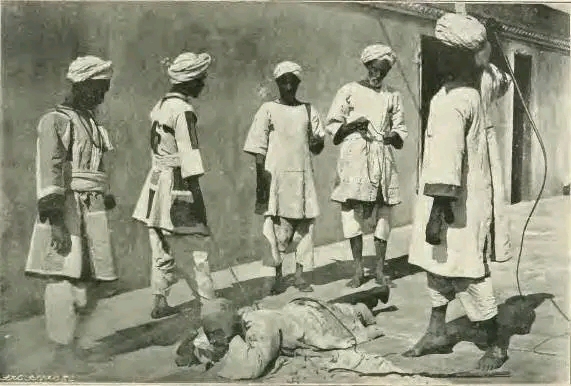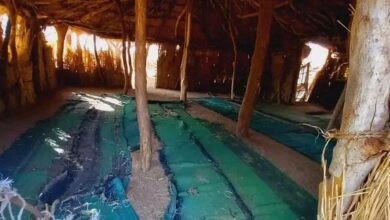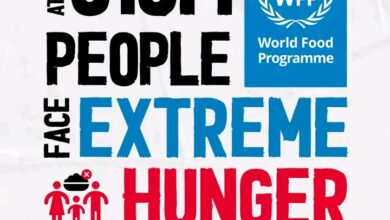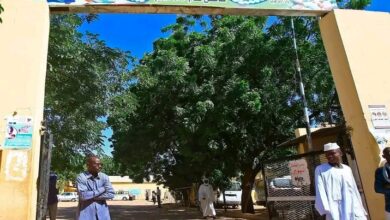Militarization of Tribes in Sudan’s War: A Security and Social Threat
Report by Sadiq Al-Dukhri

Since the outbreak of war in Sudan in mid-April 2023, the phenomenon of regional and tribal mobilization has emerged with the announcement of “regional shields” bearing various names, such as the “Sudan Shield Forces,” “Abu Hamed Shield,” “Kordofan Shield,” and others, in addition to the large number of armed movements in eastern Sudan and the Darfur region.
This phenomenon has become part of the armed conflict, relying on tribal alliances and local militias. Founders claim these groups aim to protect areas in eastern, western, and northern Sudan, but observers and experts argue that they have instead contributed to escalating the conflict, expanding the war into more towns and regions, and tearing apart the social fabric.
Causes and Roots
According to social researcher Ezzeldin Hamid, the roots and main reasons behind the spread of militarization in Sudanese society date back to the Addis Ababa Peace Agreement of 1973. He explained that successive Sudanese governments responded to armed movements by granting them shares of power, wealth, and security arrangements. This incentivized different groups to take up arms in hopes of quick gains. However, the benefits were often confined to the leadership and inner circles of these movements, leaving ordinary people and marginalized areas behind, thus making armed mobilization a recurring phenomenon.
Hamid told Mashawir that “the former regime, over its three decades in power, actively militarized tribes, armed them, and sowed discord by using the issue of marginalization as leverage to create many armed movements. This, in turn, fueled others to take up arms.”
He also held Sudanese elites responsible for failing to lead and guide the masses toward building a modern state with a robust economy based on major industrial and agricultural projects that could harness the country’s wealth and natural resources, ensuring prosperity and services for its citizens. As a result, Sudan’s riches have become targets for regional and international actors who perpetuate cycles of conflict, ignorance, poverty, disease, displacement, and migration.
Dangerous Scenarios
Political analyst Hamid Hussein told Mashawir that “media rooms supporting these groups and warring parties have spread hate speech and hostility across open platforms, stoking division and terrorizing civilians. This has led many to acquire weapons to protect themselves amid a frightening atmosphere of incitement.”
He added: “Failure to implement the peace agreement signed with armed movements and delays in executing security arrangements have allowed each movement to retain its forces. Consequently, the political and military landscape has become crowded with various armed groups, further fueling tension and fear among communities witnessing the rise of forces tied to specific regions represented by these movements. This climate of fear has led to the emergence of militarized groups rallying behind political rhetoric centered on their areas and communities.”
Hussein warned: “This reality poses a grave threat to Sudan and could lead to the country’s fragmentation. It is imperative to accelerate efforts to end the war and seriously address the issue of tribal militarization and the proliferation of armed movements by building a unified, professional army.”
The Threat of Division
Similarly, Kamel Omar Abdel-Salam, Political Secretary of the Popular Congress Party, stated that “tribal polarization by both warring parties poses the gravest threat to Sudan’s unity. The country has never enjoyed constitutional and political cohesion throughout its history and has long suffered from this instability. Marginalization has been a key issue driving rebellions in several regions, including the South, which seceded after its political demands were met with armed confrontation, and later the Darfur movements, which justified their rebellions with similar demands. Historically, the tribe was not the main driving factor.”
He added: “It is regrettable that both sides of the current conflict are dragging tribes into this war, turning it into a brutal civil war fueled by hate speech that prolongs the conflict and risks dividing Sudan into smaller states.”
Abdel-Salam further explained: “Calls to mobilize and rally tribes by both parties are driven by their belief that whoever wins will rule Sudan according to their agenda. However, this is unrealistic, as neither side has a clear political program for governance; they are both consumed by a lust for power while the rest of the world moves forward.”
He concluded: “In my view, such calls may find support among some tribes, motivated by power, spoils, and the violation of people’s honor and property. Ultimately, this will not pass unnoticed, as both sides ignore the consequences of their actions. The world has become a global village, and accountability for the bloodshed and destruction caused by the recklessness of both parties will inevitably come after the war ends.” He called on Sudanese tribes not to get entangled in this war.




